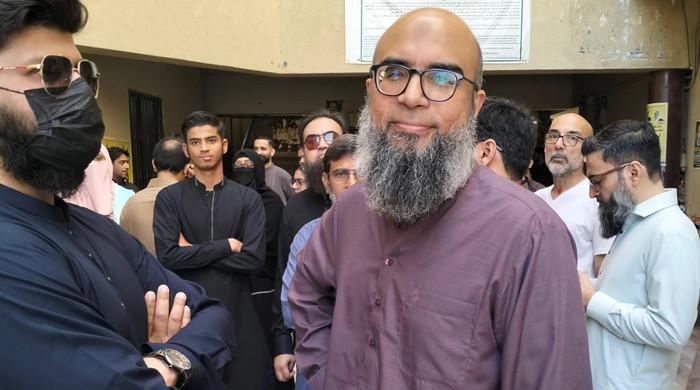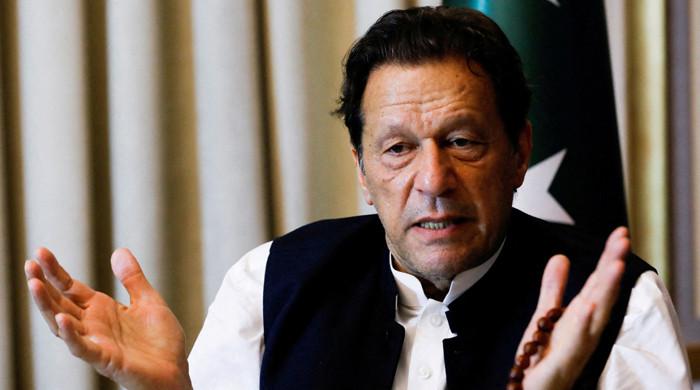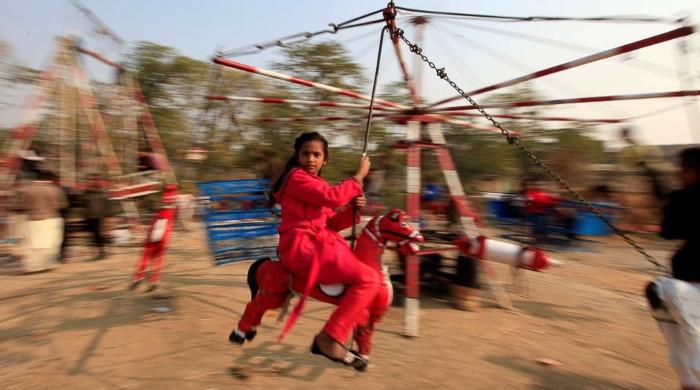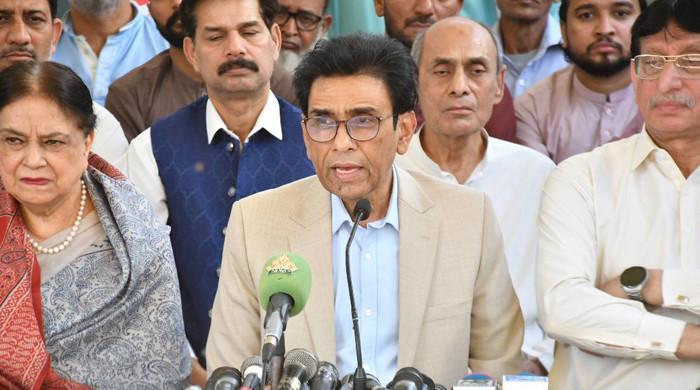Punjab’s Sikh marriage act: Will other provinces follow suit?
The Punjab government is being lauded for passing a law that repeals the British era Anand Marriage Act 1909
March 20, 2018
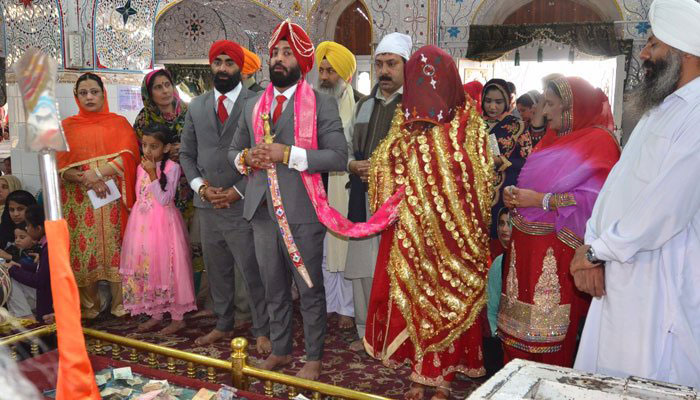
Param Jeet Singh is a Sikh businessman living in Jacobabad, Sindh. For him, March 14 was a historic day. Parliamentarians in another province, Punjab, unanimously, and without hesitation, passed the Punjab Sikh Anand Karaj Marriage Act 2018, a law that exclusively regulates family matters of the Sikh community, such as marriages.
“This is an important development for us,” explains Singh, “Prior to this, both in India and Pakistan, our marriages were registered under the Hindu Marriage Act, which created complications especially when we moved abroad.” The businessman has a large number of family members who have recently moved from Pakistan to Canada.
The bill was first moved in the Punjab assembly in October, by legislator Sardar Ramesh Singh Arora, who is also the only Sikh member of the provincial assembly. Once the bill sailed through, Arora told the media that it was unfortunate that Sikhs in India have been denied a separate identity in terms of family laws. Across the border, “our marriages are still being registered under the Hindu Marriage Act.”
Talking to Geo.tv over the phone, Arora added that over 20 million Sikhs live in India. “The government there is denying the community their due rights.”
Over in Pakistan, it is difficult to know exactly how large the Sikh community is, since the recent population census, conducted in 2017, did not list the minority as a separate entity. Instead it was bunched up in the “Others” category.
Pakistan’s Punjab government is being lauded for passing a law that repeals the British era Anand Marriage Act 1909, which was never implemented. Now, under the new act, a marriage ceremony or Anand Karaj will be preformed in accordance with religious practices of the Guru Granth Sahib, the Sikh scripture.
In recent days, Sikh leaders in Sindh and Khyber Pakhtunkhwa have also started to get together and devise ways to pressurize their governments for a similar law. “The Sikh community in Sindh has already drafted the Sindh Anand Karaj Bill 2018,” says Ramesh Singh Khalsa, leader of the Pakistan Sikh Council.
In 2016, the Sindh assembly made into law the Hindu Marriage Bill, which it stated was also applicable to the Sikh and Zoroastrian minorities for the registration of their marriages. But Sikhs opposed the move. Their religious belief, they insisted, is different from that of the Hindu community and the law should be reflective of it.
“Clubbing all minorities under one act is like negating their identities,” Khalsa told Geo.tv. The Sikh diaspora in North America and Europe also face problems because they identify themselves as Sikh, but their marriages are registered as that of Hindu, he added.
Khalsa has presented a copy of the Sindh Anand Karaj Bill 2018 to Nand Kumar Golkani, a Hindu member of the Sindh assembly, who promised to bring it up for debate in the house.
“In Khyber Pakhtunkhwa, the deceased Sikh MPA Soran Singh was also preparing such a bill,” says Khalsa, “But after his killing no one seems to be interested in pursuing the matter anymore.” Sardar Soran Singh was shot dead in 2016, in his native village. At the time of this killing, he was serving as the special assistant to the chief minister of Khyber Pakhtunkhwa on minority affairs.





